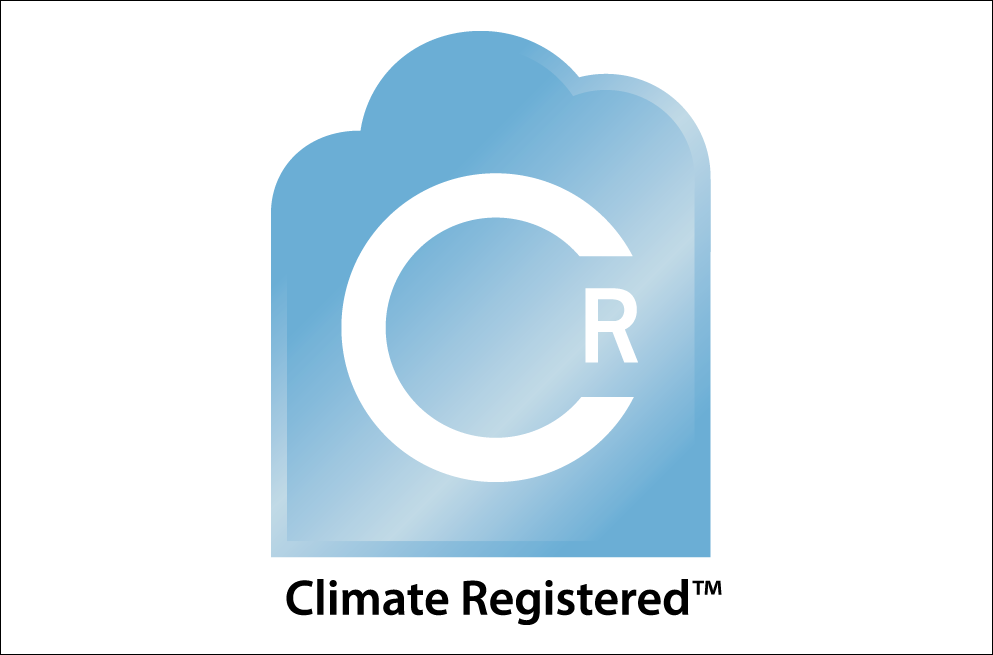Measuring its carbon footprint with TCR allows Columbia to be more efficient, identify opportunities for reducing emissions, and provide meaningful data to stakeholders about the University’s environmental performance.
“From the beginning, our goal was to utilize the internationally accepted emissions accounting and reporting standards TCR provides to legitimize our efforts,” said Jessica Prata, Assistant Vice President for Environmental Stewardship. “This first inventory is an important milestone, but we aren’t stopping here—Columbia will continue to report to TCR with the goal of expanding our inventory to include Scope 3 emissions from business travel, commuting, and waste from operations as well.”
Columbia chose to work with TCR because of its status as a globally-accepted GHG accounting protocol, its ubiquity within the higher education community, and as a means to report GHG emissions in a consistent, rigorous and transparent manner.
Columbia unveiled its first campus-wide sustainability plan in 2017, pledging to cut greenhouse gas (GHG) emissions by 35 percent by 2020. The plan sets clear targets for shrinking Columbia’s carbon footprint and reducing waste by improving efficiencies in campus operations, boosting composting, recycling and public transit use, and investing in energy-saving technology. More than a year in the making, the plan was produced with extensive input from students, administrators and faculty scientists—many of them world leaders in the sustainability field.
Since the plan’s release, Columbia has reduced its GHG emissions through a combination of energy conservation measures (ECM) and retro-commissioning measures (RCM) to reduce energy intensity, as well as installation of energy meters in academic buildings. The University plans to conduct a study into renewable energy options in the interest of further decreasing its footprint in the coming years.
“We applaud Columbia’s leadership in recognizing that there are environmental and economic benefits to understanding and managing their carbon footprint,” said Ann McCabe, Interim Executive Director of TCR. “In light of the Intergovernmental Panel on Climate Change’s recent report confirming we have a decade to act on climate change, measuring and being accountable for your carbon footprint is a tremendously important step.”
About Sustainable Columbia
Sustainable Columbia is the brand identity for Columbia University’s campus sustainability initiative, centralized through the Environmental Stewardship office and executed by a variety of University departments and projects. The Sustainable Columbia mark visually connects the many programs on campus that contribute to the success of our campus sustainability efforts by helping meet the goals set forth in the campus-wide sustainability plan.
About TCR
TCR is a non-profit organization governed by U.S. states and Canadian provinces and territories. TCR designs and operates voluntary and compliance GHG reporting programs globally, and assists organizations in measuring, reporting, and verifying (MRV) the carbon in their operations in order to manage and reduce it. TCR also builds GHG MRV capacity in sub-national and national governments, and is spearheading innovative new projects such as the Water Energy GHG Nexus Registry. Find out more at www.theclimateregistry.org.
